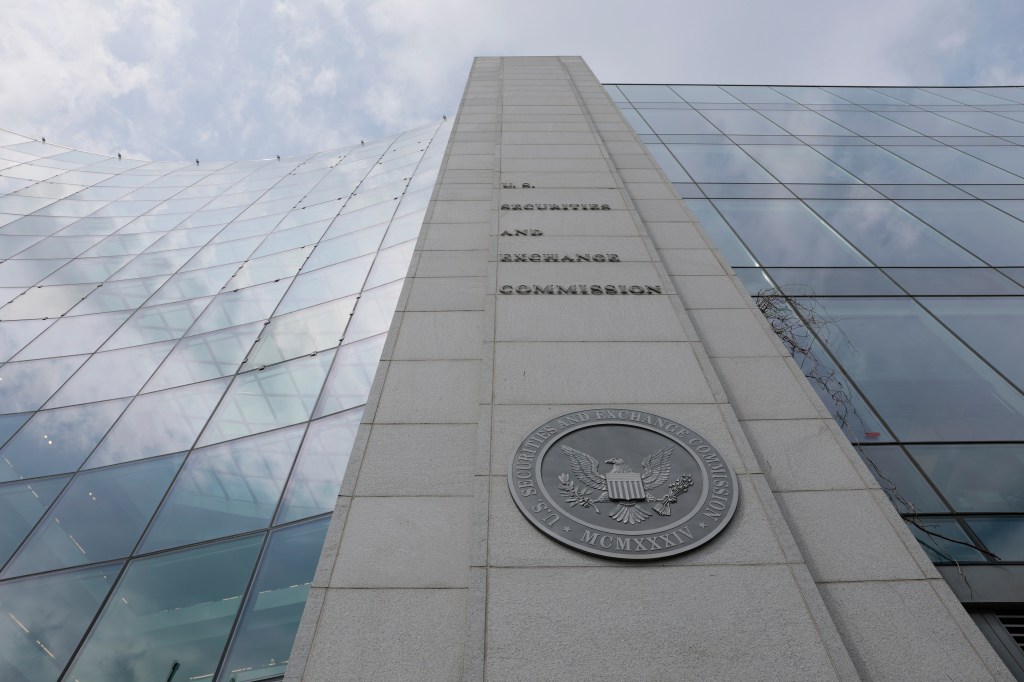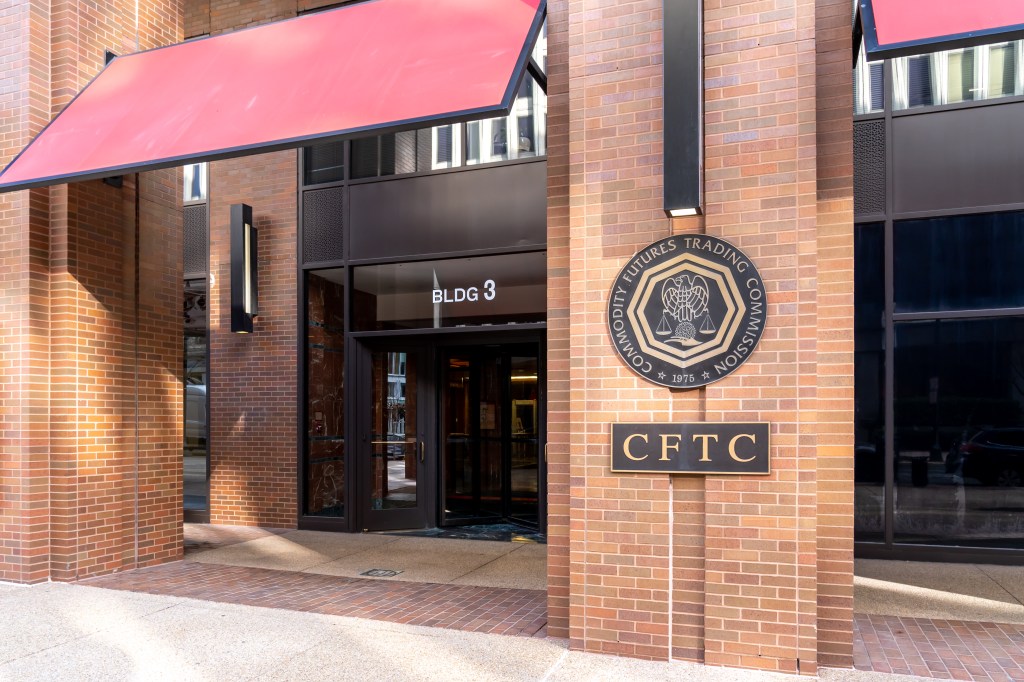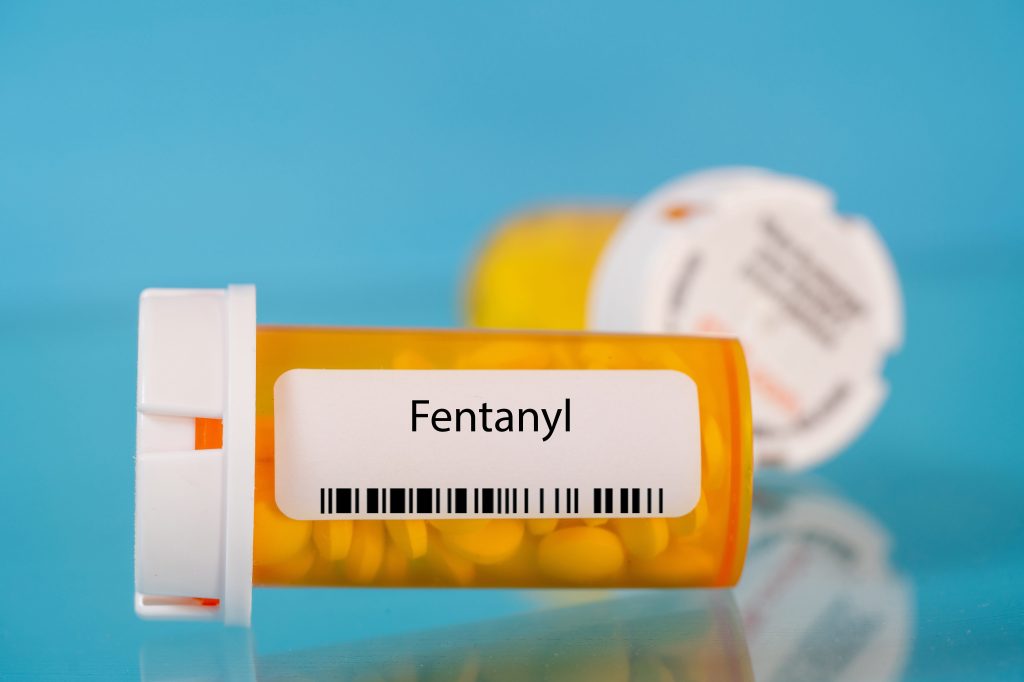In a sweeping new enforcement action, the US Treasury Department has deployed expansive powers under the newly enacted FEND Off Fentanyl Act to target the financial arteries of Mexico’s opioid trafficking cartels.
On June 25, 2025, the Financial Crimes Enforcement Network (FinCEN) designated three major Mexican financial institutions, CIBanco,
This unprecedented
Register for free to keep reading
To continue reading this article and unlock full access to GRIP, register now. You’ll enjoy free access to all content until our subscription service launches in early 2026.
- Unlimited access to industry insights
- Stay on top of key rules and regulatory changes with our Rules Navigator
- Ad-free experience with no distractions
- Regular podcasts from trusted external experts
- Fresh compliance and regulatory content every day













